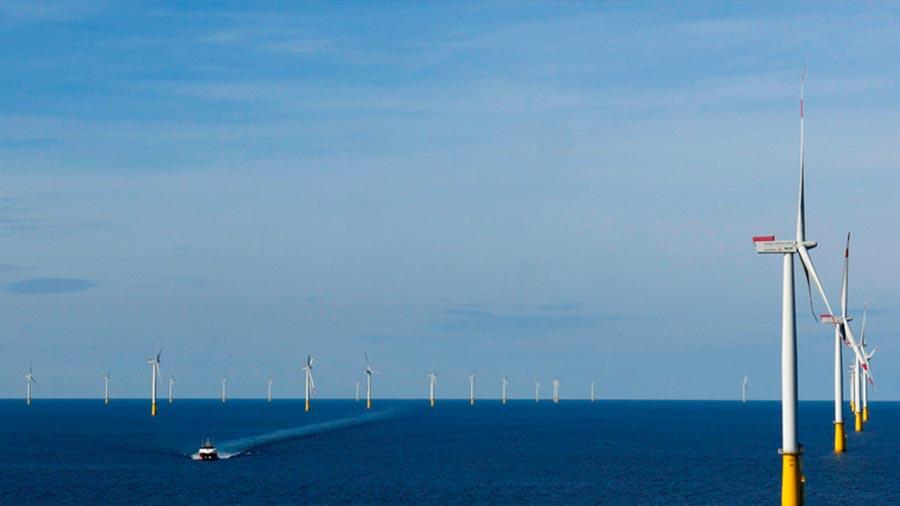Virtually all records of clean energy in the world have broken the last year. The largest investment in clean energy (329 billion dollars in 2015), the largest renewable capacity new (a third more than in 2014), the cheapest solar energy than ever (in Chile costs half as coal), the largest period of time a country has used exclusively renewable electricity: 113 days this summer in Costa Rica.
The speed of change to a clean economy is striking. This year, half a million solar panels per day have been installed, while China has built two wind turbines per hour. Danish wind farms, solar farms in Morocco, wave farms in Scotland. Wherever you look, it is carrying out an unprecedented global effort.
Never before has our species has seen such a vast task. And when the history of this great environmental change is written, it will surely be counted as a story of technologists, activists, Elon Musks saving the world from itself.Although, in fact, no one plays as important as the government, the only type of institution we have developed that can coordinate an effort of this magnitude and that is basically responsible for carrying it out role.
Jigar Shah, founder of the global clean energy company SunEdison and, more recently, investor company Generate Capital, said the following: “When one thinks of the spread of technology, such as the iPhone, we actually see that nothing has been replaced. It was not something that people even consider a necessity until they had. It was a land undeveloped. But clean energy provides exactly the same service that you have relied on for a hundred years: kilowatt hour. So how did we get to 100% clean energy? The only answer is government regulation. “











